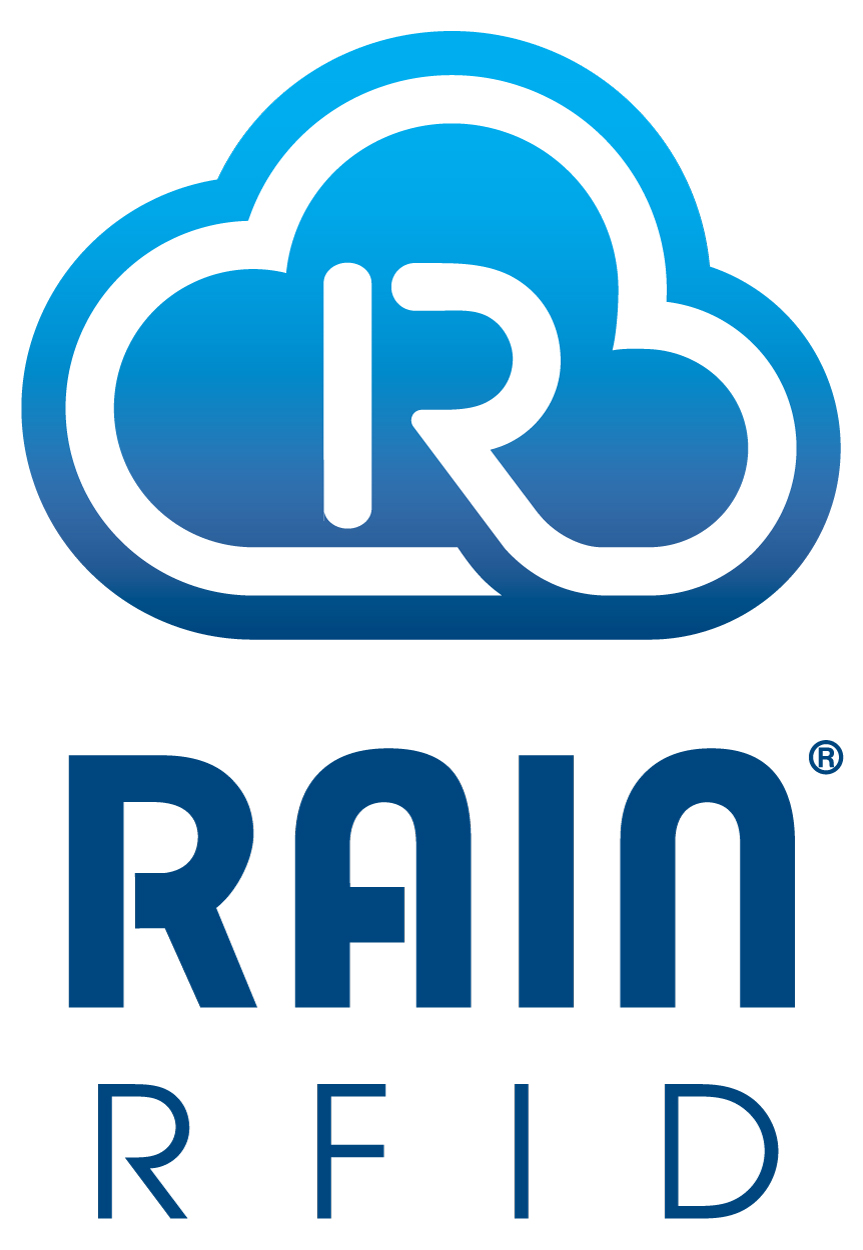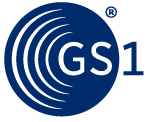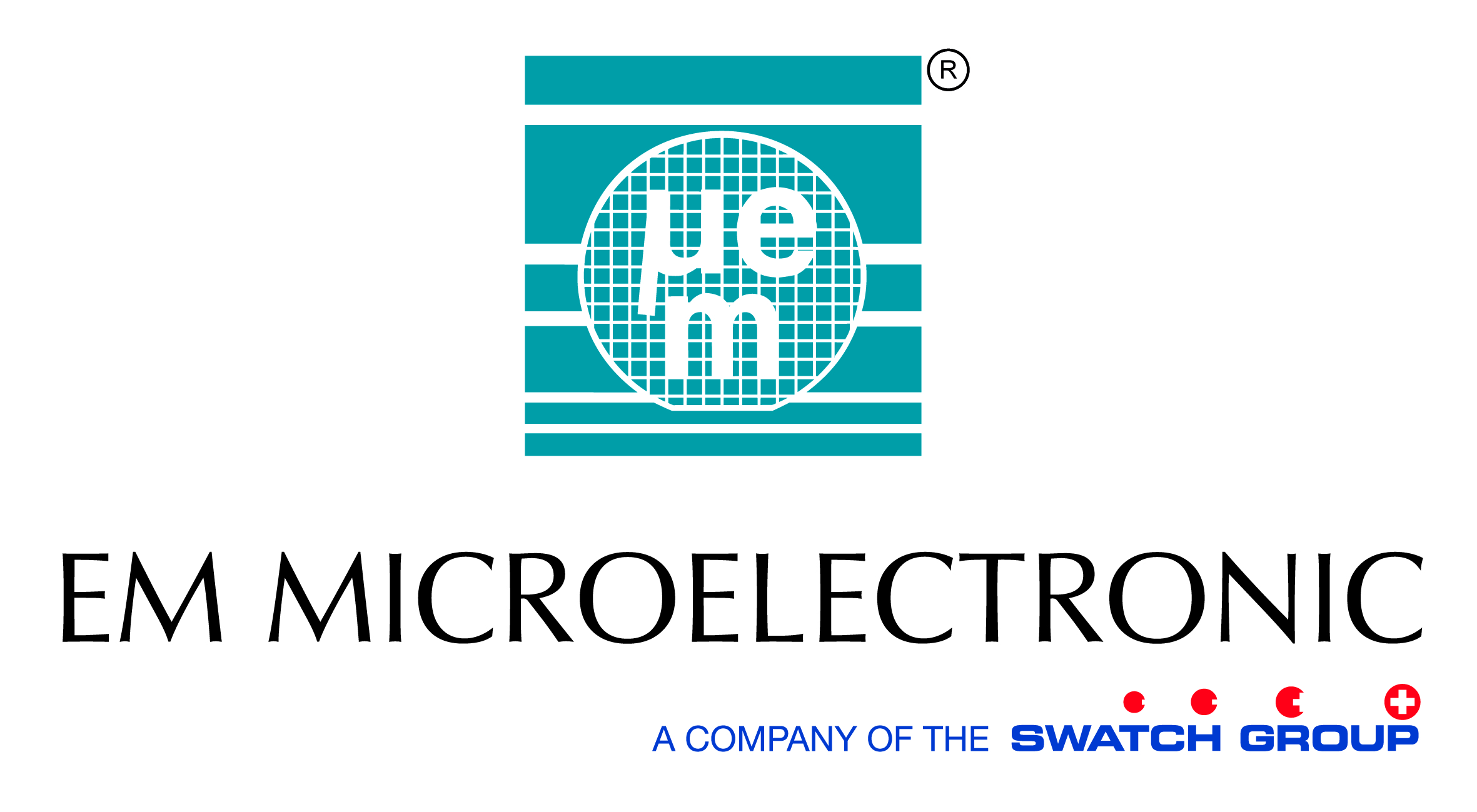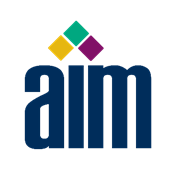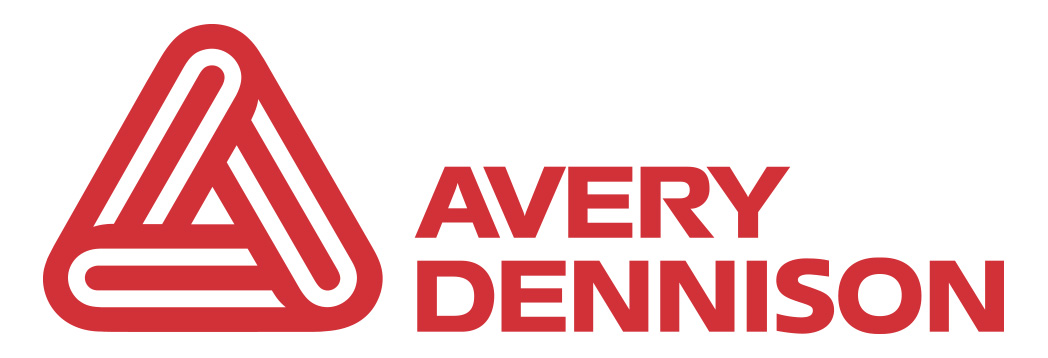Technical Papers
Wednesday, April 11, 2018
13:00 – 14:30
| Session A: Protocols and Security | Session B: Sensors |
| 13:00 – 13:22 A stochastic model for the analysis of session switching effects on the UHF RFID system with mobile tags performance Andrey Larionov (Institute of Control Sciences of Russian Academy of Sciences & R&D INCET, Russia); Roman Ivanov (Institute of Control Sciences of Russian Academy of Sciences, Russia); Vladimir Vishnevsky (Russian Academy of Sciences, Russia) 13:22 – 13:44
13:44 – 14:06 |
13:00 – 13:22 A Based Microcontroller Technique to Achieve Capacitive Multisensing in Passive RFID UHF Tags Newton Fonsêca (Federal University of Campina Grande & Instrumentation and Scientific Metrology Laboratory, Brazil); Raimundo Freire (Universidade Federal de Campina Grande – PB, Brazil); Smail Tedjini (Grenoble-inp, France); Glauco Fontgalland (UFCG, Brazil); Abanob Assaad Amin Abdelnour (Grenoble-inp, France); Ahmed Rennane (USTHB University, Algeria) 13:22 – 13:44
13:44 – 14:06
14:06 – 14:30 |
Thursday, April 12, 2018
13:30 – 14:45
| Session A: Antennas and Propagation | Session B: Localization + Applications and Software |
| 13:30 – 13:52 Design and Evaluation of a Multi-Modulation Retrodirective RFID Tag Mohammad Alhassoun and Michael Varner (Georgia Institute of Technology, USA); Gregory Durgin (Georgia Tech, USA) 13:52 – 14:14 14:14 – 14:36 |
13:30 – 13:52 Kalman Filter Based Localization and Tracking Estimation for HIMR RFID Systems Qian Yang and David Taylor (Georgia Institute of Technology, USA); Gregory Durgin (Georgia Tech, USA) 13:52 – 14:14 |
Thursday, April 12, 2018
15:00 – 16:15
| Session A: Circuits, Devices and Readers | Session B: Next Gen Physical Layer |
| 15:00 – 15:22 A Low-Cost, High-Speed, High-Resolution, Adaptively Tunable Microwave Network for an SDR UHF RFID Reader Reflected Power Canceller Edward Keehr (Superlative Semiconductor LLC, USA) 15:22 – 15:44 |
15:00 – 15:22 Partitioned Pseudo-Retrodirective Arrays for Capacity Expansion of Backscatter Communication Channels Michael Varner (Georgia Institute of Technology, USA); Greg Durgin (Georgia Tech, USA); Mohammad Alhassoun (Georgia Institute of Technology, USA) 15:22-15:44 |
IEEE RFID 2018 Posters and Authors
UHF Metasurface-based antenna for WPT RFID Applications – Abdullah Almohaimeed; Mustapha Yagoub; Jose Lima; Rony Amaya;Gaozhi (George) Xiao; Ya Tao
RFID Reader Antenna with Multi-Linear Polarization Diversity – Patrick Fink; Greg Lin; Phong Ngo; Timothy Kennedy;
Realization of a Dual Frequency Circulator – Peter Kuhn; Frederic Meyer; Gerd vom Bögel; Anton Grabmaier; James Broyan; Andrew Chu; Donald Schmalholz; Lazaro Rodriguez
Design, COMSOL Simulation, and Measurement of S-Band Koch Snowflake Fractal Antennas – Ian Madray; Ryan Kuemper; Jacob Martin; Mohammad Madani; Joshua Hart; Megan Broussard; Austin Lovas
Meshed Transmission Line Analysis: Towards Optically Transparent Antennas – Zachary Silva; Christopher Valenta; Gregory Durgin
Protocol for Streaming Data from Passive RFID Sensors – Laura Arjona; Hugo Landaluce; Asier Perallos; Joshua R. Smith
A Passive RFID System for traffic signs and trees monitoring – Andrea Motroni; Camiglia Anomi Pereira Raigama Vidanalage; Flavia Longhi; Andrea Michel; Alice Buffi; Paolo Nepa
A Personal SDR UHF RFID Reader with Subranging TMN-Based TX Cancellation – Edward Keehr
A Folder L-section for Chipless Application with Temporal Multi-Frequency Coding – Raymundo de Amorim Junior; Glauco Fontgalland; Raquel Rodrigues; Newton Fonsêca
Exploiting Switching of Transistors in Digital Electronics for RFID Tag Design – Chia-Lin Cheng; Luong N. Nguyen; Milos Prvulovic; Alenka Zajic
Using Inkjet Printed Circuits on a Transparent Substrate for Microwave Energy Harvesting for Space Based Solar Power – Hiba Murali; Erik Centeno; Evan Shi; John Bell; Kevin Mairena; Cheng Qi; Greg Durgin
Designing an Antenna Array for Wireless Power Transfer using Bayesian Optimization – Vishnu Tanguturi; Maria Saito; Mia Colbert; Hakki Torun; Madhavan Swaminathan; Gregory Durgin
SARFID on UGVs: UHF-RFID localization in retail applications – Andrea Motroni; Alice Buffi; Paolo Nepa; Paolo Tripicchio; Matteo Unetti
Crowd Management using Passive UHF RFID Technology – Gaurangi Gupta; Vaishnavi Bhope; Rupam Biswas; A. r. Harish
SARFID on UGVs: UHF-RFID localization in retail applications – Andrea Motroni; Alice Buffi; Paolo Nepa; Paolo Tripicchio; Matteo Unetti
Low-power, Compact Microwave RFID Reader and Sensing Tag for Space Applications – Cheng Qi, Joshua D Griffin; Gregory Durgin
Strain Gauge using Flexible RFID Antenna – Megan Broussard; Austin Lovas; Ian Madray; Ryan Kuemper; Jacob Martin; Mohammad Madani
IEEE RFID 2018 posters will be displayed in the IEEE Poster and Mega-Challenge Area on the RFID Journal LIVE! trade show floor.
IEEE RFID 2018 Submissions are now closed
Technical Papers: December 18, 2017 December 5, 2017 (read the guidelines)Workshop/Tutorial proposals: January 10, 2018
IEEE CRFID Educational Mega Challenge: Smart Cities: January 19, 2018
Posters: February 6, 2018 (read the guidelines)
IEEE RFID 2018 is an opportunity to share, discuss, and witness research results in all areas of RFID technologies and their applications. Presenting at the conference is the preeminent way to get publicity and coverage for high-quality work on RFID, IoT, and wireless sensors research. IEEE RFID 2018 accepted paper and poster submissions formatted in the IEEE conference style;please make sure to refer to the submission guidelines below. Those submitting papers and posters receive an invitation to submit to the new Journal on RFID, which debuted in 2017.Technical PapersAccepted and presented papers at IEEE RFID 2018 are read and cited worldwide. Accepted papers are chosen on these criteria (in order of importance):
- Originality
- Importance of the problem
- Technical merit
- Clarity
- Potential impact of results
In past RFID conferences, the acceptance ratio for papers was in the range of 20-40%. Authors of papers are encouraged to create a poster and present alongside the RFID industry (see more below). It is not necessary to submit a separate poster abstract. Your paper submission is sufficient.Submission guidelines
- Papers will be reviewed in a double-blind review process: please ensure that author information is removed from the review manuscript. If you are self referencing previous work, please take steps to anonymize those references so that it is harder to infer identity during the review process.
- Papers must conform to the IEEE conference template
- Papers will be published if accepted and presented at the conference
- Submissions must be original and may not be under consideration elsewhere
- IEEE RFID will not tolerate scholarly misconduct in any form
- Cases of multiple publications and plagiarism will be handled according to IEEE policies and procedures.
- Accepted papers will have from 3 to max 8 pages, including references.
Authors of accepted papers will present their work in a paper track in a 22-minute time slot. Papers will be published in the IEEE RFID 2018 conference proceedings and included in IEEE Xplore®. Accepted papers will also be submitted for indexing through EI Compendex, ScienceDirect, Scopus, Web of Knowledge,Thomson ISI, and IET Inspec. PostersPosters are preliminary work not yet mature for a full paper. They cover technical RFID-related work, applications, studies, and projects.Poster submissions are judged on relevancy to RFID and clarity.
To submit as a poster author, submit a poster abstract up to 2 pages maximum, including references; the references should take up less than a half-page.
In past RFID conferences, the typical acceptance rate on poster submissions was 80-95%.Presenting a poster will give authors a great chance to expose their ideas:
- Presented on the trade show floor of RFID Journal LIVE! 2018, presenters get to interact side-by-side with the RFID industry, engineers, scientists, and academicians interactively for the whole duration of the conference
- Best posters will be judged twice: by guests for a popular vote and by technical reviewers for the technical vote.
- Pre-poster display, presenters give a 30-second teaser talk
- It is encouraged, although not required, that poster presenters bring their equipment and present an interactive demonstration for conference attendees.
Workshops/TutorialsAre you a leading expert in the RFID field? We welcome you to present a tutorial/workshop to the participants of the conference. Please email a short proposal (one-page maximum) to the Workshop Chair.Topic Areas
- Antennas & Propagation: Antenna theory and designs, channel measurements and modeling, including MIMO, UWB and hybrid RFID
- Applications & Software: RFID software, middleware, network applications, various applications of RFID in smart cities, scientific studies on operational experience of RFID applications, unconventional RF “identification”. Selection will be primarily based on the ability of authors to clarify how they are advancing the state of the art or demonstrating novelty.
- View posters covering research on a wide variety of topics including RFID localization, novel tag and reader designs, RFID enabled sensors, RFID software applications, novel IoT devices, RFID antennas and radio-wave propagation, and energy harvesting and wireless power.
- Circuits, Devices, & Interrogators: Circuit designs, reader architecture, non-silicon and chipless RFID, multi-reader coordination and interference reduction
- Energy Harvesting & Wireless Power: Ambient RF harvesting, efficiency improvements, power-optimized waveforms, kinetic, thermal, optical, and other power-harvesting methods
- Next-Gen Physical Layer: RFID-enabled devices, IoT/RFID system architectures, MIMO, hybrid and UWB RFID systems, novel networking and communication concepts
- Localization: Performance bounds, novel system approaches, technologies, and algorithms in RFID tag and reader localization, RF tomography and environmental sensing
- Protocols & Security: Coding, anti-collision, cryptography and privacy-enhancing techniques, medium/multiple access schemes
- Sensors: Integration of sensors with RFID tags, including active, passive, or chipless mechanisms; RFID sensor modeling and analysis, new sensors for RFID


